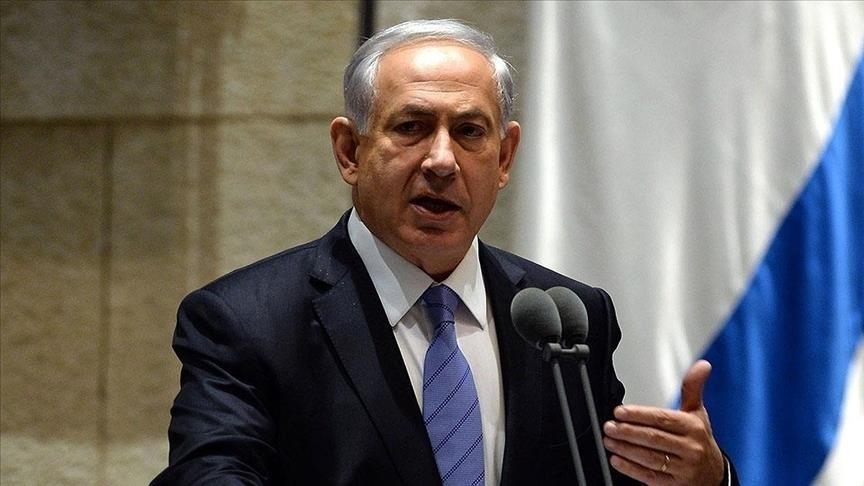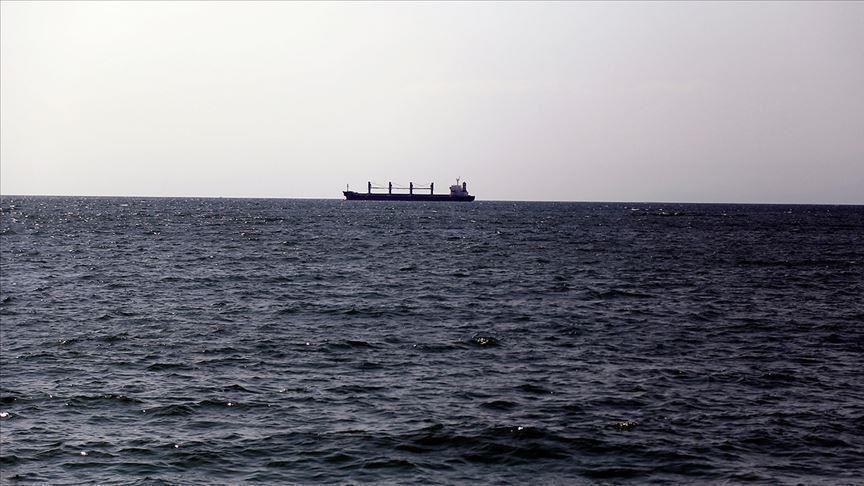Will Netanyahu continue to be impervious to mounting pressure for Gaza cease-fire?
– If there is no deal, it would be because Netanyahu ‘doesn’t really want a cease-fire’ and ‘wants to defeat Hamas,’ says International Crisis Group expert Joost Hiltermann
– Netanyahu could change his position on cease-fire as soon as the next few days, Goldberg tells Anadolu
ISTANBUL
While Israel has not clearly shown any intent when it comes to ending its deadly war on Gaza, there is now a certain sense of expectation in some circles that it could soon change its tune.
That is stemming from two main factors: Hamas’ acceptance last week of a Qatari-Egyptian proposal and the winds of change when it comes to public sentiment within Israel.
Ori Goldberg, an Israeli political commentator, views the decision by Hamas as a “smart” move, that makes the Palestinian group seem “pragmatic” and “practical.”
“Hamas controls the narrative now,” he told Anadolu.
“Now, everything that Israel does seems like attempts to reject, to disturb, to foil, to react. Israel doesn’t seem like it has the initiative, so in that sense, I think Hamas’ decision was very smart and I think it will prove productive as well.”
Goldberg said Israel was “surprised” by Hamas’ decision.
“I don’t think Israel really has a view of Hamas at the moment. Israel is convinced that it is the only real element existing in the world. I don’t think Israel expected Hamas to do anything much,” he said.
The official response from Tel Aviv so far has been one of rejection, saying that the proposal Hamas accepted does not meet Israel’s requirements, and reiterating that it will move ahead with its highly criticized planned invasion of Rafah.
Goldberg, however, believes that the government’s posture could change dramatically as soon as this week, when it marks its national day – the day Israel was created on the rubble of Palestine.
Palestinians call it the Nakba, Arabic for “catastrophe,” referring to the forced displacement of over 700,000 Palestinians from their homes and lands, and the destruction of their society, culture and identity.
“I think that a deal, or at least an initial deal, will be reached by then. The reason I think this is the case is because I think (Israeli Prime Minister Benjamin) Netanyahu wants to keep everybody happy,” he said.
“He wants to appear as though he has operated in Rafah, and he wants to appear as though he is doing everything he can to get the hostages back and he wants (to do this) on this holiday, which is a very big deal in Israel.”
The reason why Netanyahu is adamant on the “so controversial” Rafah operation is that he wants to show that his government tried all other options before accepting any agreement, said Goldberg.
“That’s the only thing that will make him look balanced, and his hopes right now lie in looking balanced, not in being extremist, both inside Israel and outside Israel,” he said.
Another factor to take into account is that Israel is left with few remaining options, he said.
“Where is Israel going to go after Rafah? The Israeli public does not want a war, and Netanyahu, I think, finally understands that,” he added.
Differing views on cease-fire
Any potential deal to halt Israel’s war on Gaza hinges on the ability of mediators to devise language that serves as a bridge facilitating an agreement between the two parties, according to Joost Hiltermann, MENA program director at the International Crisis Group.
“If there is not a deal, it is because in the end, I think, Prime Minister Netanyahu doesn’t really want a cease-fire. He wants to defeat Hamas,” he told Anadolu.
Hiltermann believes that any possible cease-fire will be “very fragile” and not permanent.
“It will not bring an end to the war in Gaza … So either way, with the cease-fire or not, it looks like we could have a long term conflict in Gaza,” he said.
At the moment, it all depends on “the question of whether a cease-fire is temporary or temporary with the promise or guarantee that it will become permanent,” he explained.
“So, Israel wants it to be only temporary and Hamas wants it to be permanent,” he added.
‘Deep currents inside Israeli society’
Goldberg emphasized the role of domestic pressure in Netanyahu’s eventual decision on a cease-fire.
The protests ongoing against Netanyahu and his government in Tel Aviv and other Israeli cities, including by families of hostages, are also indicating a gradual and slow shift in public opinion, he said.
A recent protest was “the first time when they (protesters) said if what is needed to bring our children home is to end the war, then you should end the war the first time,” he said.
“They are only now beginning to realize that the war has to end for the hostages to come home. So, it’s both Netanyahu personally, but it’s also deep currents inside Israeli society,” said Goldberg.
Hiltermann, however, believes that while there is growing pressure from within Israeli society, it has not yet reached a level to sway Netanyahu.
The Netanyahu government, meanwhile, is also facing pressure from the international community, particularly its staunch ally, the US.
President Joe Biden has said he would suspend shipments of certain weapons if Netanyahu moves ahead with the invasion of Rafah, a first for the two allies that experts believe points to a widening rift.
“I think the international community is putting a lot of pressure on Netanyahu to accept the cease-fire. Hamas is now the pragmatic element, the organization that accepted the cease-fire. Israel is now the extreme fanatic,” Goldberg said.
“Netanyahu made his international allies so angry … they are now telling him he must either stop or face the consequences.”
Anadolu Agency website contains only a portion of the news stories offered to subscribers in the AA News Broadcasting System (HAS), and in summarized form. Please contact us for subscription options.



